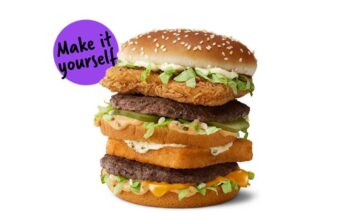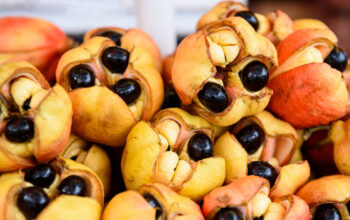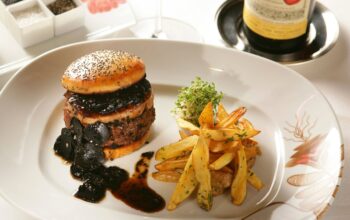Food is an essential part of culture and tradition, but some dishes are so controversial that they have been banned in certain countries. These forbidden foods spark heated debates, whether due to ethical concerns, health risks, or environmental impact. Here are some of the most controversial dishes you can’t legally eat in various parts of the world.
1. Foie Gras – Banned in Several Countries
Foie gras, a French delicacy made from the fattened liver of ducks or geese, is one of the most controversial foods in the world. The birds are force-fed through a process called “gavage” to enlarge their livers, a practice that animal rights activists condemn as cruel. As a result, foie gras has been banned in places like California, India, and the UK. However, it remains a highly prized dish in France and other countries where it is still legal.
2. Kinder Surprise Eggs – Banned in the U.S.
While children in many countries believe Kinder Surprise eggs, they are illegal in the United States. The U.S. Food and Drug Administration (FDA) prohibits foods that contain non-edible items inside them due to choking hazards. The toy inside the chocolate egg violates these regulations, leading to a ban. However, in 2017, a modified version called Kinder Joy was introduced in the U.S., featuring a separately packaged toy to comply with FDA rules.
3. Hákarl (Fermented Shark) – Restricted in the European Union
Hákarl, a traditional Icelandic dish, consists of fermented Greenland shark meat. The fresh beef is toxic due to high levels of trimethylamine oxide, which must be broken down through fermentation. While some Icelanders consider it a delicacy, its strong ammonia smell and potential health risks have led to restrictions in parts of the European Union. Tourists often try it for the novelty, but it remains one of the world’s most divisive foods.
4. Horse Meat – Banned in the U.S.
In many countries, such as France, Italy, and Japan, horse meat is commonly consumed and even considered a delicacy. However, slaughtering horses for food in the United States is illegal due to ethical concerns and the cultural view of horses as companions rather than livestock. While horse meat isn’t banned, the lack of slaughterhouse processing effectively prevents its sale.
5. Ortolan – Banned in France
Ortolan, a tiny songbird, was once a French delicacy reserved for the elite. Traditionally, the birds were captured, force-fed, drowned in Armagnac, and roasted whole. Diners would eat them while covering their faces with a napkin, supposedly to “hide from God” due to the indulgence of the act. The dish is now banned in France due to conservation efforts and ethical concerns, but it is rumored that some high-profile chefs and politicians still partake in secret.
6. Casu Marzu (Maggot Cheese) – Illegal in the EU
Casu marzu, a Sardinian cheese filled with live maggots, is one of the most infamous banned foods in the world. The larvae break down the cheese, making it soft and spreadable, but consuming live insects carries significant health risks. The European Union has banned it due to food safety regulations, though some Sardinians continue to produce and eat it illegally.
Why Are Some Foods Banned?
The reasons for banning foods vary widely:
Ethical Concerns – Some foods, such as foie gras and ortolan, involve animal cruelty.
Health Risks – Dangerous foods like Casu Marzu and Hákarl contain toxins or pathogens.
Legal and Cultural Factors – The U.S. bans horse meat due to cultural attitudes, while Kinder Surprise eggs are prohibited for safety reasons.
Despite their bans, many of these foods remain highly sought after, with black markets and underground dining experiences keeping them alive. Would you try any of these forbidden delicacies?




